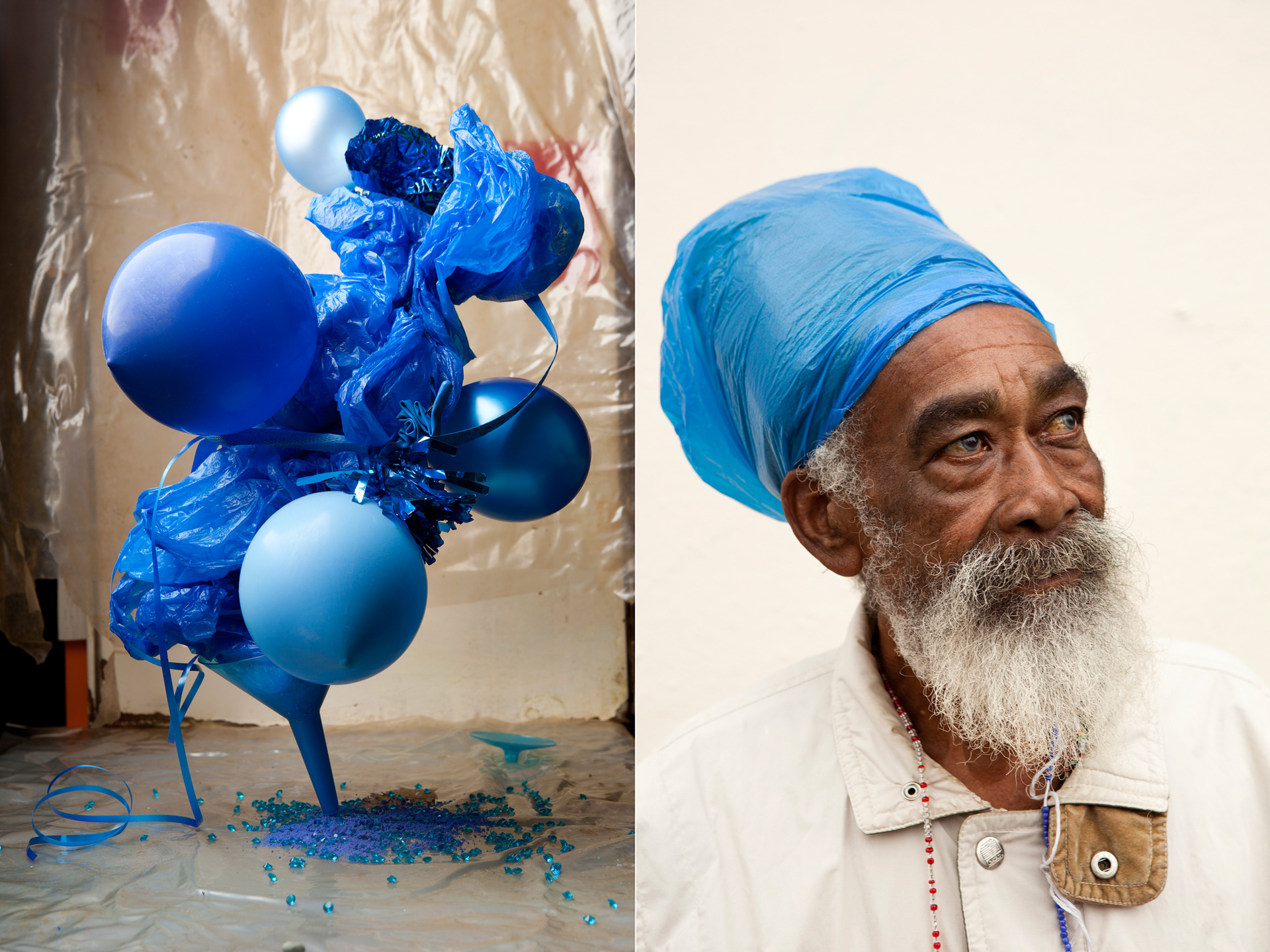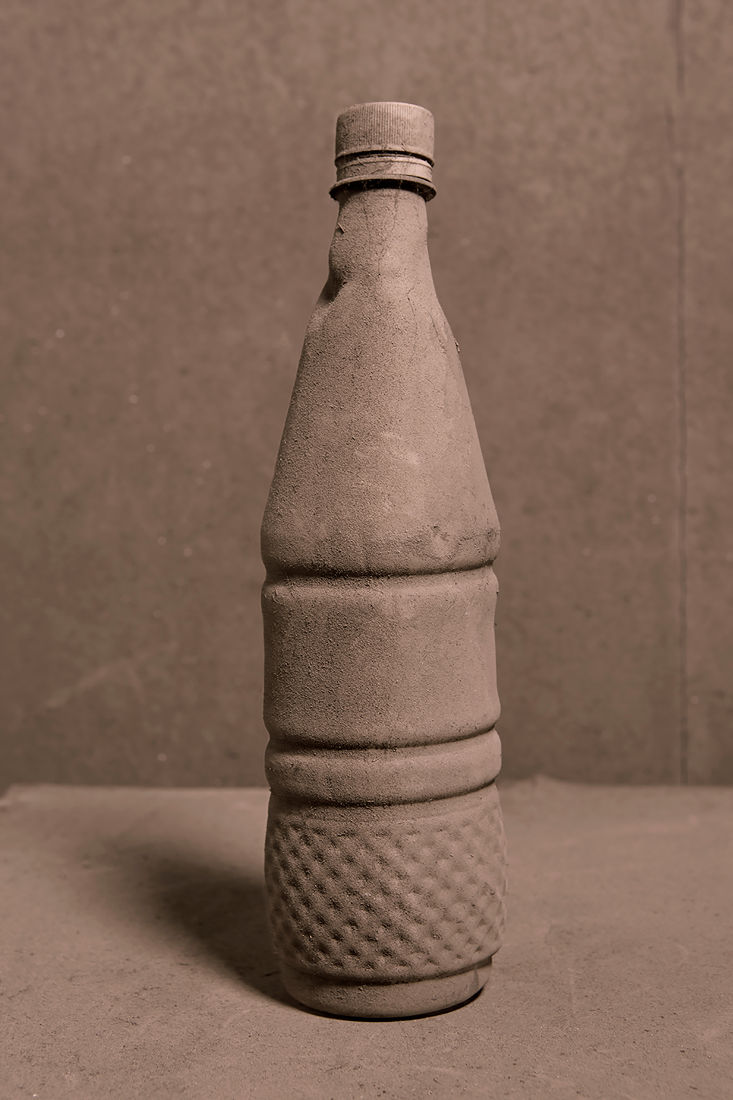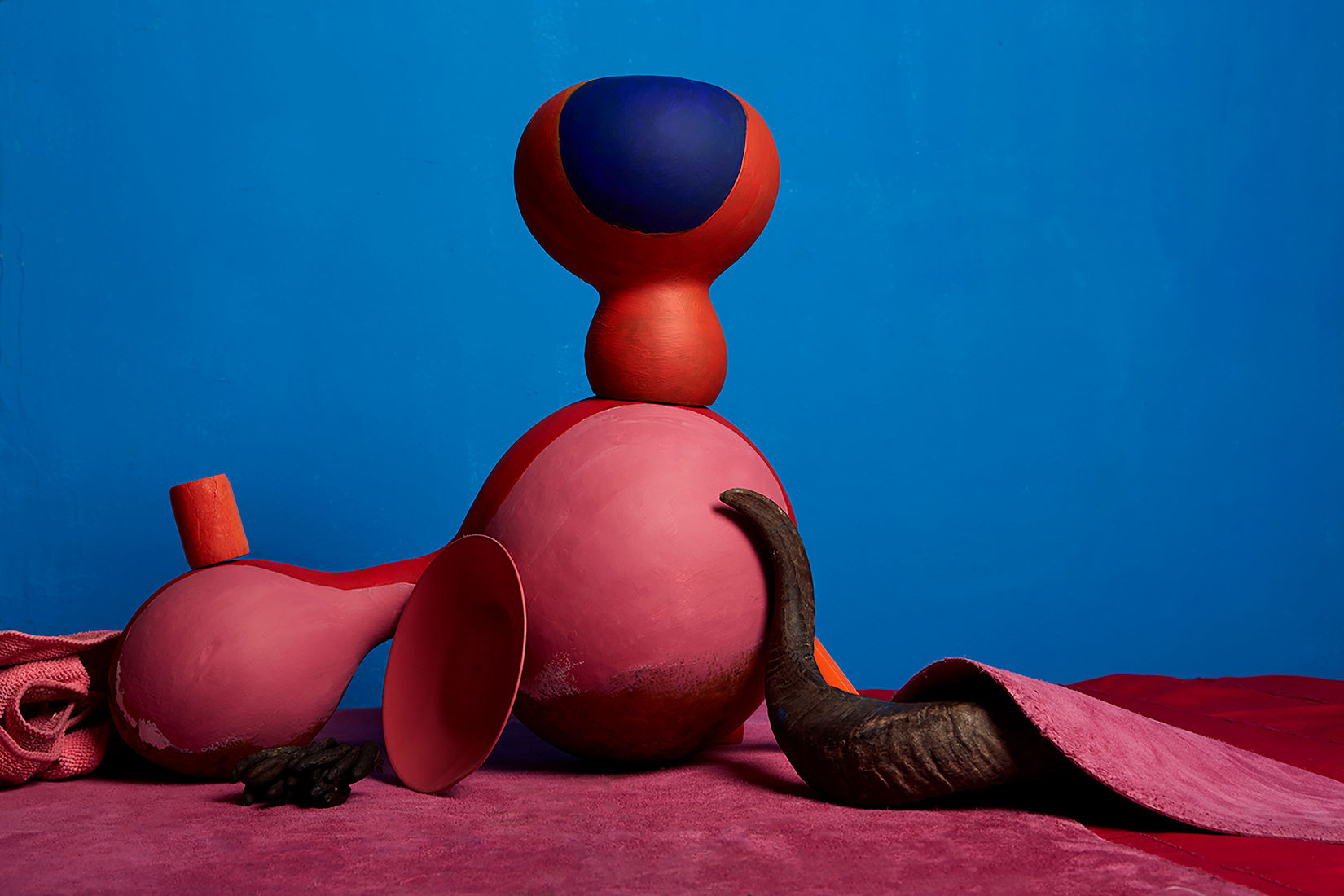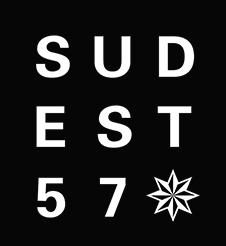Nulla è puro brings together ten years of research by the Venetian artist Lorenzo Vitturi (1980) in a precipitate of the three major projects of this alchemist artist: Dalston Anatomy, Money Must Be Made and Caminantes, at Centre Photographique Rouen Normandie, from Sept. 5th to Dec. 5th 2020.
From one to the other, it is a question of circulation: cultures, bodies, forms and their fertile hybridization. As he puts it, Lorenzo Vitturi embraces a kind of plastic libertinage, a language of pigments, textures and sculptural forms maintained in a fragile balance.
Dalston Anatomy, East End, London
In Dalston, a multicultural neighbourhood in London’s East End (his home town), he is interested in the local market. There, he creates portraits, collects abandoned goods at the end of the market, words from customers and merchants, and then assembles this heterogeneous material in the space of his studio. The exuberance of the place and the personal fantasies of the artist meet. His still lifes become the place to compose the images of a globalized world, struggling with the effects of gentrification and other mutations.

Balogun Market, Lagos
Sometime later, he will repeat this process in Lagos, Nigeria, more specifically in the market of Balogun, a city within the city. Here once again, his photography is a multilayered ensemble of experiences where the strata of a complex and plural reality settle. In Balogun, the artist observes both the mechanisms of colonization – the commercial influence of products imported from China – and of resistance – the economy generated by the inhabitants contributes to the development of the market, the expansion of which thwarts the attempt to the gentrification of the neighbourhood.
Embodied by the Financial Trust House, a twenty-seven-storey tower now deserted, a ghost ship in a sea of coloured and shattered tin, real estate bankruptcy is reflected by the artist in these monochrome views of abandoned and silted objects. As with his previous projects, after having photographed inside the market, he, in turn, has to “export” the material to his London studio in order to shape his image of Balogun.


Peru
His latest project, Caminantes, continues this same staging of the movement of cultures, this time inspired by family history. He reproduces the journey of his father, a native of Venice, who in the 1960s undertook a trip to Peru to open a Murano glass factory. This other story of migrations will be the starting point for Lorenzo Vitturi of a long journey made of multiple round trips between Venice and Peru, between their cultures, their forms, their materials. The fishing nets of the Venetian lagoon embrace Peruvian fabrics, the Paracas desert embraces the fragments of rough Murano glass.

Nulla è puro tells us: in his world, which we would like to be ours, nothing is pure, everything is porous.
Raphaëlle Stopin, Director
Centre Photographique Rouen Normandie
Contact us for inquiries about Lorenzo Vitturi‘s images and exhibitions.
